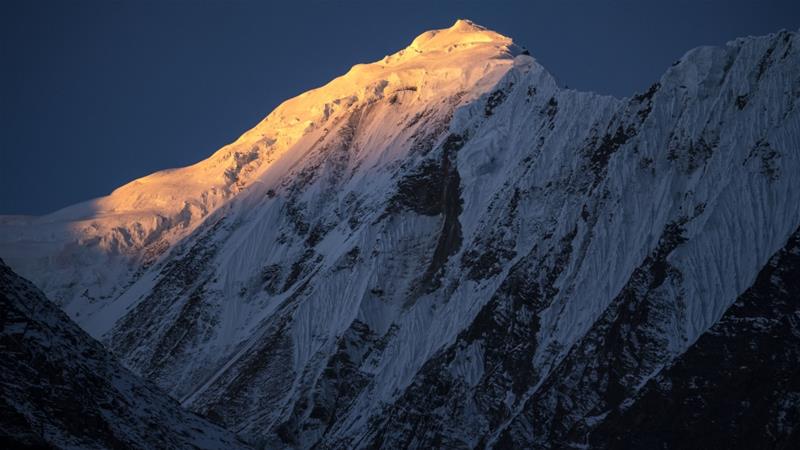A recent study conducted by researchers at the International Centre for Integrated Mountain Development has delivered a grave warning, the Hindu Kush Himalayan (HKH) region, known for its towering mountains and vast ice reserves, is facing an imminent crisis. If drastic measures are not taken to reduce greenhouse gas emissions, the region could lose up to 80 per cent of its glaciers by 2100.
The much-hyped Paris Climate Agreement is never implemented in totality due to various reasons. The initial pledges made by countries under the Paris Agreement, known as Nationally Determined Contributions (NDCs), were not ambitious enough to achieve the temperature goals. It is a voluntary agreement without binding enforcement mechanisms. Although countries are expected to regularly report on their emissions and progress, there are no punitive measures for non-compliance. This lack of accountability has allowed the majority of countries to fall short of their commitments without facing significant consequences. Despite the urgency of the climate crisis, progress in implementing the necessary measures to reduce emissions has been slow. Additionally, the time required for negotiations, consensus-building, and ratification of policies has contributed to delays in taking effective action. The Paris Agreement emphasised the need for financial assistance from developed countries to support climate mitigation and adaptation efforts in developing nations. However, there has been a significant shortfall in the promised financial support, hindering the ability of developing countries to undertake necessary climate action. The Green Climate Fund, established to mobilise funding, has struggled to reach its targets, limiting the resources available for climate projects. Economic considerations, such as the reliance on fossil fuel industries, have hindered efforts to transition to cleaner energy sources. Achieving the temperature targets set by the Paris Agreement requires a rapid transformation of energy systems and substantial investments in renewable energy and sustainable technologies. Technological and economic challenges, such as the high costs of renewable energy deployment and the need for infrastructure upgrades, have posed obstacles to the transition away from fossil fuels.
Urgent and serious measures are essential to safeguard the world’s glaciers. The loss of glaciers not only reduces freshwater availability but also disrupts the delicate balance of ecosystems that rely on glacier-fed rivers. Humans are not overseeing the imminent catastrophic situation that is going to happen in a few years. Without proactive measures, the rapid melting of glaciers will lead to a water crisis in many regions. This crisis will affect agriculture, industry, and the domestic water supply, jeopardising food production, economic activities, and human health. Communities that depend on glacier-fed rivers for irrigation, hydropower generation, and drinking water will face severe challenges as the glaciers diminish. The retreat of glaciers can trigger devastating natural disasters such as flash floods, avalanches, and glacial lake outburst floods. These events pose significant risks to human lives, settlements, infrastructure, and ecosystems in mountainous regions and downstream areas.
The world must take immediate and effective action to reduce greenhouse gas emissions and limit global warming. Transitioning to renewable energy sources, improving energy efficiency, and adopting sustainable practices are crucial steps in mitigating climate change. India has made commendable strides in addressing these challenges. The Government has placed a strong emphasis on promoting renewable energy, as evident by its notable progress in this field. There is a concerted effort to encourage the adoption of electric and hydrogen vehicles, while plans for phasing out older vehicles are in motion. Furthermore, the promotion of solar energy has played a pivotal role in reducing dependence on conventional energy sources. These initiatives demonstrate India’s commitment to curbing emissions and transitioning towards a more sustainable future.
Preserving the world’s glaciers is crucial not only for the communities directly impacted but also for the stability of ecosystems and the well-being of future generations. Urgent and concerted efforts are needed to safeguard these vulnerable natural treasures and mitigate the potential water crisis and devastation they may bring. Every effort, however small or big, is appreciable at this juncture.
Trending Now
E-Paper


